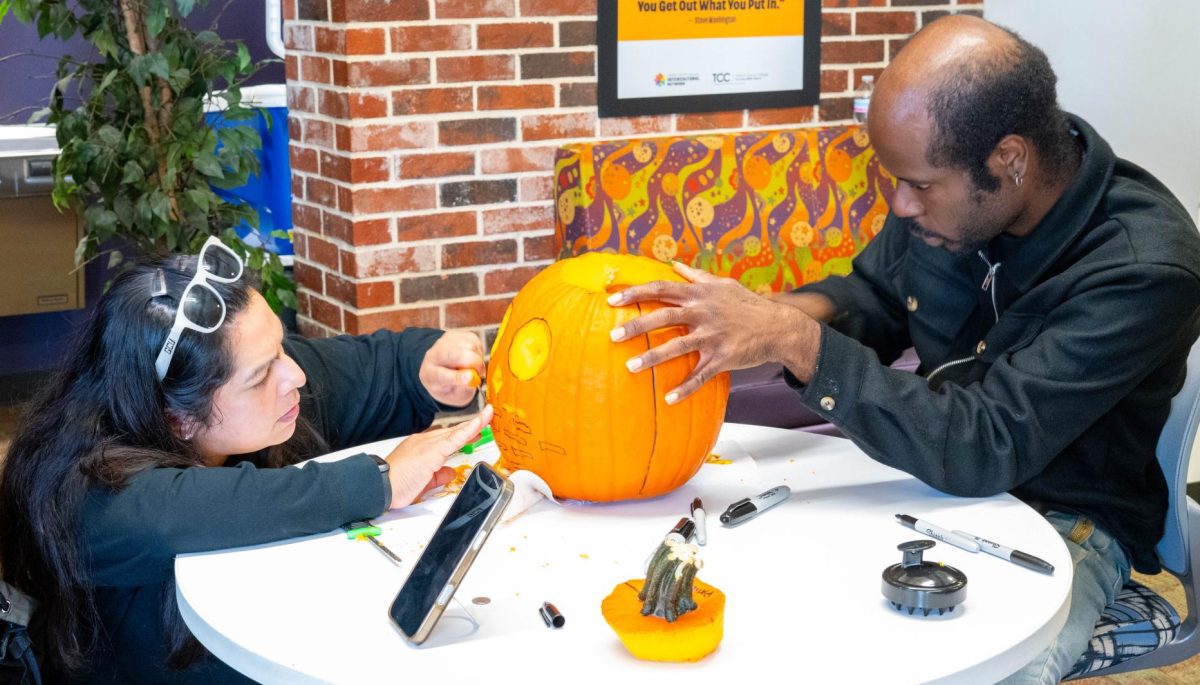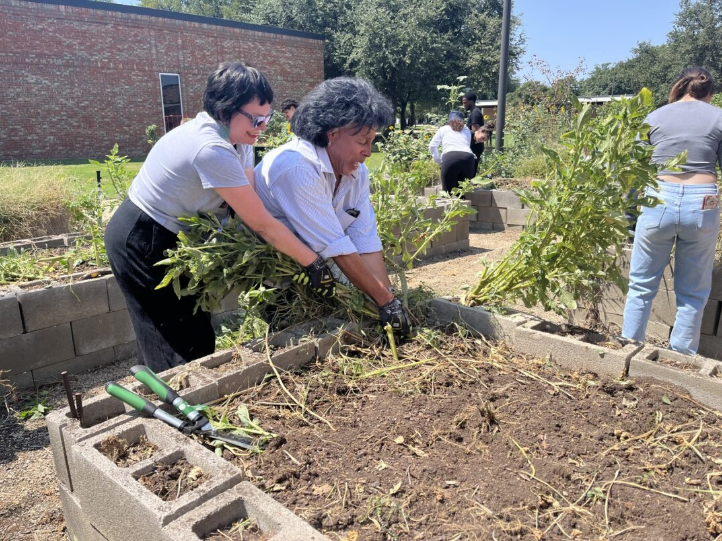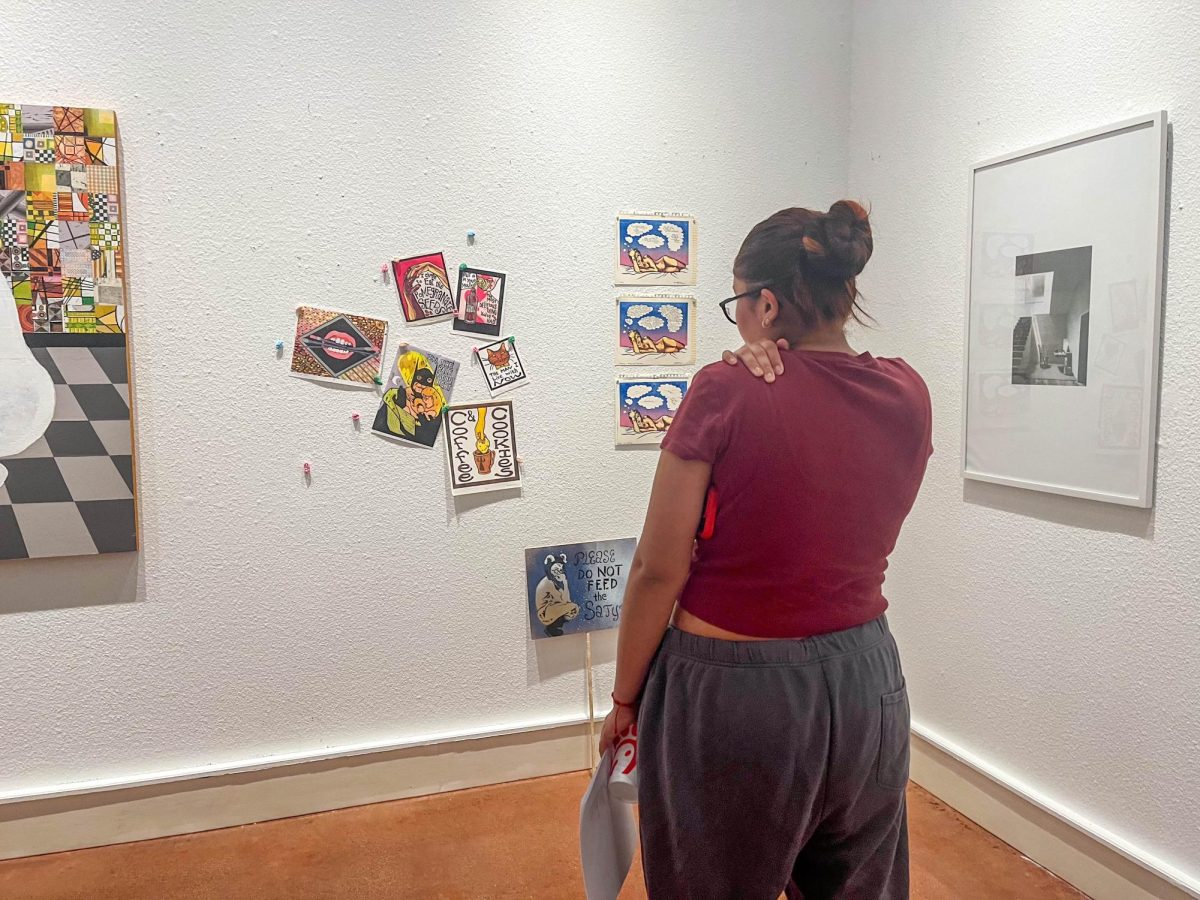South Campus counselors hosted an escape room experience Feb. 4-5 designed to test students’ problem-solving skills while teaching them how to navigate anxiety in real time.
Participants had to work together to solve puzzles under timed pressure, mirroring the high-stakes moments that often trigger anxiety.
Counselor Creshendle Antonio said immersing students in real-life scenarios encourages critical thinking and problem-solving in a supportive and educational environment.
The escape room took place in the “Fusion Room,” a big open space transformed into a high-pressure environment. The setting featured designated challenge zones, a countdown timer and strategically placed puzzles that required teamwork and quick thinking.
The puzzles were set up in four separate corners of the room, each decorated to match the challenge’s theme.
Antonio said this interactive approach aimed to not only deepen students’ understanding of anxiety but also to foster empathy and equip them with practical coping strategies.
“A lot of people have challenges with anxiety,” Antonio said. “This hands-on format allows us to educate students on the physiological effects of anxiety in a fun and interactive way. But more importantly, to teach students how to win those battles with anxiety.”
Anxiety is a widespread issue among college students with 63% of them experiencing overwhelming stress, according to Harvard Health Publishing.
South Campus student Deyna Posada said she is one of many students who have struggled with anxiety.
“Being in college can be very stressful,” Posada said. “I once got a fever from stress. I try to stop what’s causing the stress by listening to music and talking to my mom and the people I love.”
Her experience is not unique. Fellow South Campus student Jacob Núñez shared how he manages high stress situations using a sensory grounding technique.
“When I’m in high-anxiety moments, I use the five senses trick that I learned,” Núñez said. “Acknowledge five things you can see, four things you can touch, three things you can hear, two things you can smell and one thing you can taste.”
By stepping away from traditional lecture- style events, counselors hoped students would recognize their anxiety symptoms more effectively.
Some common symptoms include sweaty hands, shaking and trouble sleeping, according to the World Health Organization.
Antonio said events like the escape room aim to address a growing need for accessible mental health education.
One of the puzzles at the event included a virtual reality experience where students worked together to defuse a bomb. Núñez said he noticed some unhelpful responses to what he said was the most stressful part of the escape room.
“A big takeaway was speaking when needed,” Núñez said. “I found silence to be very unhelpful when we were trying to defuse the bomb, and it only increased the stress.”
Antonio said she was happy to see students working together and learning throughout the activity. With student engagement high and positive feedback from participants, she is now considering ways to expand the interactive approach to mental health awareness.
For those struggling, TCC campus counseling services offer four-six free counseling sessions per semester to students, according to the TCC website.

































